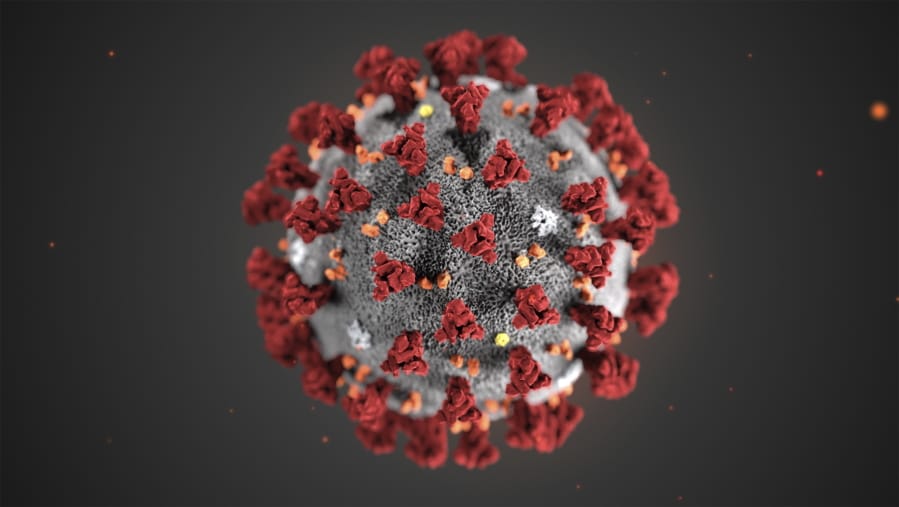Dr. Rose Marie Leslie, a family physician at the University of Minnesota, is fighting misleading and false information around a virus outbreak with the very tool used to spread much of it: social media.
Leslie turned to TikTok, a platform popular with teens, to share her videos offering facts about the respiratory virus originating in China, which has so far sickened nearly 10,000 people. As of Friday, the videos had raked in more than 3 million views.
“The thing about TikTok as a platform is any video can go viral whether or not somebody is giving out factual information, and usually people don’t post where they get their information,” she said. “My goal is to be able to give the facts in every single one of my videos.”
Fueling fears, confusion
From fringe groups pushing false — and dangerous — claims about how to prevent the virus to videos said to show people fleeing the outbreak or experiencing horrendous side effects, misinformation online is fueling fears and sowing confusion.
Among the false information that has circulated around the virus: reports that the Federal Emergency Management Agency was proposing martial law to contain the spread; claims that drinking chlorine dioxide, a bleaching agent, would get rid of it; and graphic video footage that claimed to show an infected man vomiting blood on a train.
On Wednesday, a video posted on TikTok showed a man in a lab coat who said he was testing two blood samples. One contained a bright red substance he identified as fresh blood and another, labeled “patient zero,” contained a purplish liquid. The video was intended to be satire but social media users linked it to the virus outbreak, which led to millions of views online, stoking fears that the virus was much worse than experts believed.
The spread of misinformation related to the virus has gotten the attention of key social platforms.
TikTok provided a statement to The Associated Press saying the platform does not permit misinformation that could cause harm to the community or larger public. Twitter announced Wednesday that it was adjusting its search function to provide authoritative health sources about the new virus. On Thursday, Facebook said it would remove harmful false and misleading content about the virus from the platform.
But health experts expressed concern that some of the false information around the virus may have already done damage.



